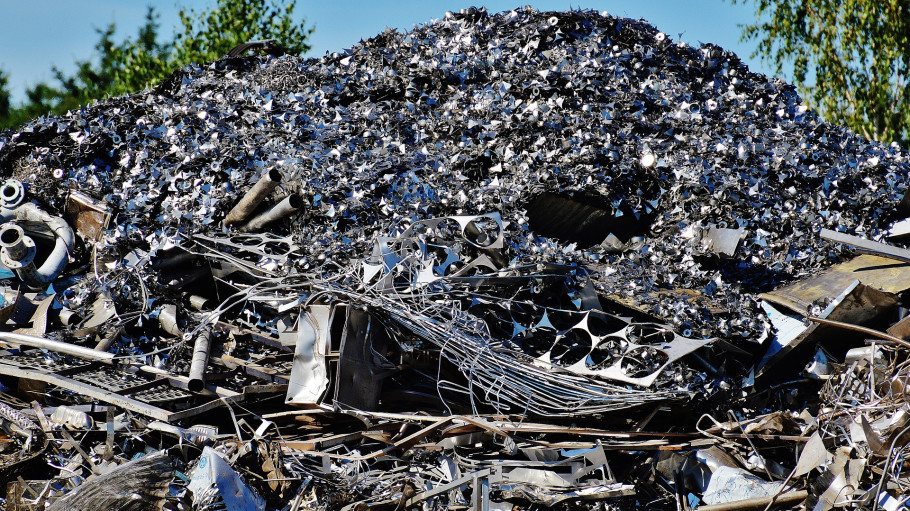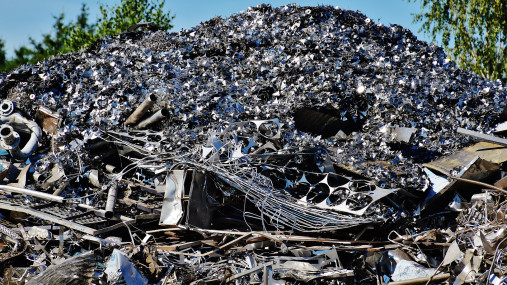
Publications » Position papers » Contribution of the waste shipment regulation to EU ambitions on circularity and climate
Contribution of the waste shipment regulation to EU ambitions on circularity and climate
Downloads and links
Recent updates

The release of the Communications by the European Commission on the EU Green Deal and the New Circular Economy shed a new light on how the EU can achieve its goals towards resource efficiency and climate. The EU Green Deal mentioned that “EU should stop exporting its waste outside of the EU and will therefore revisit the rules on waste shipments and illegal exports”.
The Communication also stressed that the access to resources is also a strategic security question for Europe’s ambition to deliver the Green Deal. More precisely, the EU Green Deal pointed out that ensuring the supply of sustainable raw materials necessary for clean technologies, by diversifying supply from both primary and secondary sources, is one of the pre-requisites to make the green transition (even more in the COVID-19 context) happening.
Moreover, the New Circular Economy Action plan aims at these objectives in particular via thefollowing two actions: (1) creating a wellfunctioning EU market for secondary raw materials; (2) addressing waste exports – which are losses of resources and economic opportunities for the recycling industry in the EU through the review of the Waste Shipment Regulation aiming at restricting exports of waste that can be treated domestically within the EU.

Download this publication or visit associated links
Joint Industry Statement
Brussels, 11 February 2026 - The European Steel Association (EUROFER) has backed a call to action adopted by European companies and industries in Antwerp today, which includes a demand on the EU to take urgent action to bring electricity prices down as a condition for Europe’s industrial drive, competitiveness and economic resilience.
The automotive value chain is of vital importance to the EU steel industry and requires an integrated approach to realising the decarbonisation transition in a pragmatic way.